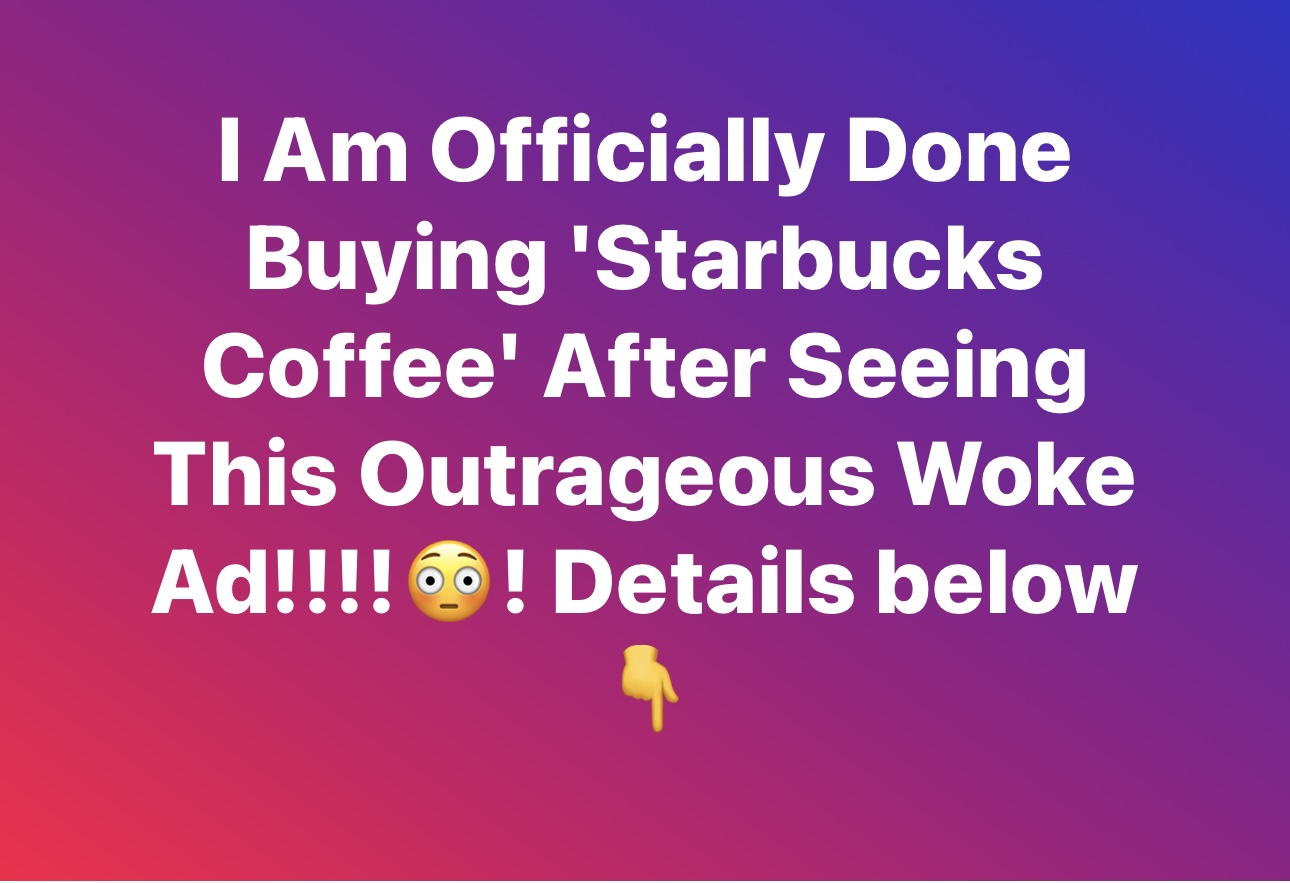Starbucks recently released a heartfelt commercial in India that has sparked significant discussion, both for its inclusive message and the backlash it has received. The ad, which features a father grappling with the emotional journey of accepting his transgender daughter’s identity, aimed to promote inclusivity and individuality. However, it has also drawn criticism from some quarters, reminiscent of the controversies faced by Bud Light earlier this year in their approach to socially charged marketing campaigns.
The Commercial: A Story of Acceptance
The advertisement tells a touching story of a father meeting his transgender daughter at a Starbucks café. The narrative focuses on the father’s struggle to accept his daughter’s transition. In a symbolic and emotional moment, the father orders a beverage using her chosen name, “Arpita,” instead of her birth name, “Arpit.” This simple gesture is portrayed as a turning point, symbolizing love and acceptance.

Illustration: Taylor Callery
Starbucks India shared the campaign on social media with the message:
“Your name is a reflection of your true self, whether it’s Arpit or Arpita. At Starbucks, we celebrate and embrace your individuality, because being genuine is of utmost importance to us. #ItStartsWithYourName.”
The ad resonated deeply with many viewers, who praised its inclusivity and its focus on LGBTQ+ acceptance. However, it also ignited controversy, with critics accusing Starbucks of taking a “woke” stance that alienates traditional values.
Backlash Similar to Bud Light
The backlash to Starbucks’ ad bears a striking resemblance to the controversy Bud Light faced earlier this year when it partnered with a transgender influencer as part of its marketing campaign. That move sparked boycotts and accusations of pandering, resulting in a significant dip in sales and damage to the brand’s reputation among a segment of its consumer base.

Critics of Starbucks have voiced similar concerns, accusing the company of prioritizing a social agenda over its core customer base. Some have taken to social media to express their dissatisfaction, with hashtags like #BoycottStarbucks trending in certain regions. Others argue that the company’s focus on divisive issues risks alienating a portion of its global customer base.
The Broader Implications
Starbucks, like Bud Light, is now facing the challenge of balancing its commitment to inclusivity with maintaining its brand appeal to a diverse audience. While many commend the company for using its platform to champion social causes, the backlash highlights the polarizing nature of such campaigns.

Leave a Reply